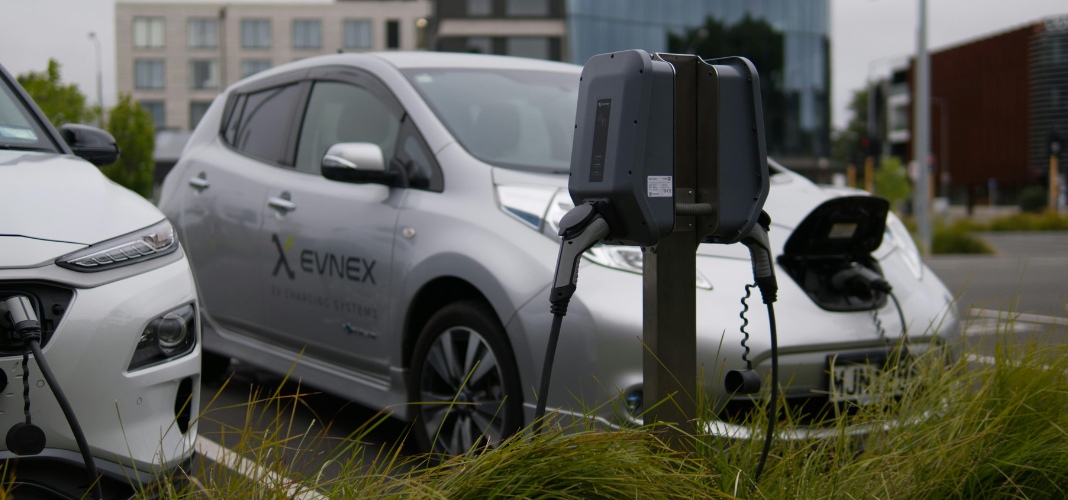The global shift toward sustainable mobility is accelerating, and at the heart of this transformation lies electric vehicle charging infrastructure. As electric vehicle (EV) adoption continues to rise, governments, businesses, and consumers are focusing on creating robust, accessible, and reliable charging networks. Without effective electric vehicle charging infrastructure, the EV market cannot scale to meet climate goals or consumer expectations.
One of the primary challenges is balancing fast-charging technologies with energy grid stability. High-power charging stations demand significant electricity, which requires investments in smart grids and renewable energy integration. Modern electric vehicle charging infrastructure also incorporates digital technologies such as IoT, AI, and mobile applications to provide real-time updates, payment options, and predictive maintenance.
Equally important is the question of accessibility. Public charging points must be strategically placed in urban centers, highways, and residential areas to eliminate range anxiety. At the same time, private and workplace chargers are playing a key role in normalizing EV use. Forward-thinking cities are embedding electric vehicle charging infrastructure into their sustainability roadmaps, while companies view it as a way to attract eco-conscious customers and employees.
The future of electric vehicle charging infrastructure will be shaped by innovation, collaboration, and policy. From wireless charging to vehicle-to-grid (V2G) systems, the possibilities are expanding. What remains constant is the need for scalable solutions that make EV adoption seamless and sustainable.
In conclusion, building comprehensive electric vehicle charging infrastructure is not just about keeping cars powered—it’s about creating the backbone of a cleaner, smarter, and more resilient transportation ecosystem.


